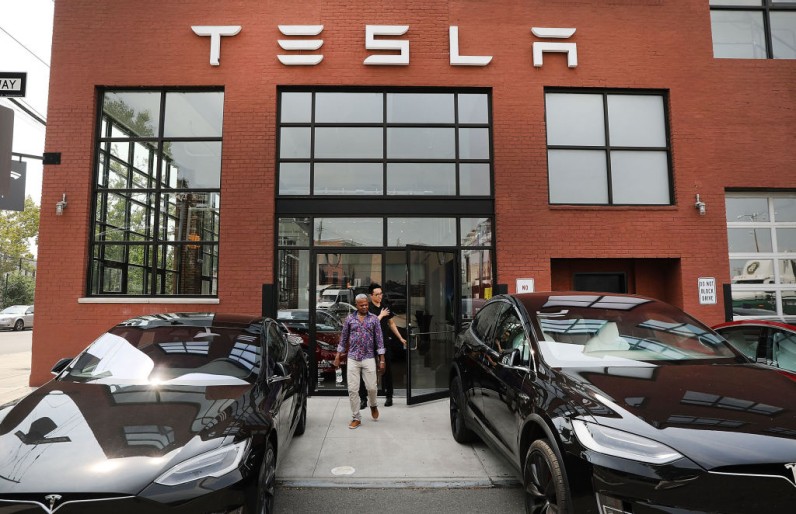Several electric vehicle (EV) models, including the Nissan Leaf, Chevrolet Blazer EV, Tesla Cybertruck All-Wheel Drive, and some Tesla Model 3s, are no longer eligible for tax credits of up to $7,500 due to new battery sourcing rules that took effect on Monday, according to the US Treasury.
Reuters reported that Treasury guidelines issued in December detailed the new battery sourcing requirements, which target to wean the US EV supply chain away from China.
The EV models qualifying for US EV tax credits dropped from 43 to 19. However, the Treasury said the number could still change as some manufacturers have yet to submit information on eligible vehicles. On its website, Tesla said its Cybertruck will likely "qualify for the federal tax credit later in 2024."

New Rules to Claim Tax Credits
The new regulations allow buyers to claim the tax credit at a participating car dealership at the point of sale but with limits on EV price and buyer income to qualify.
Among the EVs that also fell off the list of EVs eligible for tax credits were the BMW X5 xDrive50e, Tesla Model 3 Rear Wheel Drive, Volkswagen ID.4, Audi Q5 PHEV 55, Cadillac Lyriq, and Ford E-Transit.
Volkswagen noted that it is still verifying the federal EV tax credit eligibility for MY2023 ID.4s and all MY2024 ID.4s. On the other hand, Nissan said it is working with suppliers to meet changing requirements to regain tax credit eligibility for its Leaf model.
Last month, Ford confirmed the $3,750 tax credit loss for its E-Transit, Mach-E, and Lincoln Aviator Grand Touring plug-in hybrid, but its F-150 EV Lighting and the Lincoln Corsair Grand Touring maintained credits.
Except for the Chevrolet Bolt, General Motors noted that all of its EVs would temporarily lose eligibility. However, the company expects the Lyriq and Blazer EV to regain eligibility in early 2024 after a source change for two minor components.
READ ALSO : US to Prevent China From Supplying Battery Materials for EVs Set to Receive Billions in Tax Credits
2022 Inflation Reduction Act Reformed the EV Tax Credit
The 2022 Inflation Reduction Act has revised the EV tax credit, making North American assembly a qualification. This change removed almost 70% of eligible models at the time.
In December, Tesla announced that its Model 3 Rear-Wheel Drive and Long Range vehicles would no longer qualify for federal tax credits beginning January 1, while the Model 3 Performance would retain the $7,500 credit.







Join the Conversation